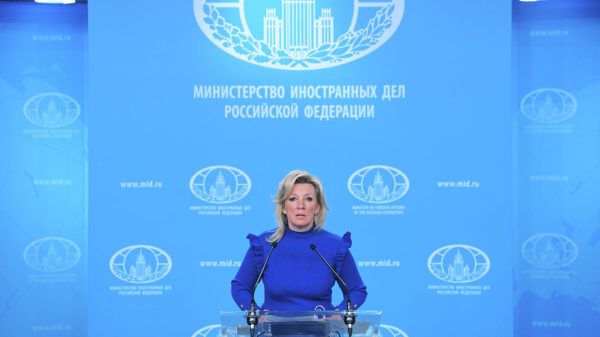 Maro Itoje’s situation draws attention to the state of the domestic game and its impact on the national team. Photo: Shutterstock/Teresa Suarez
Maro Itoje’s situation draws attention to the state of the domestic game and its impact on the national team. Photo: Shutterstock/Teresa Suarez
The news that Maro Itoje is mulling his future at Saracens, with several French clubs ready to sign him, will reignite the debate over whether the RFU should abide by the rule that you must… play domestically if you want to play internationally. rugby.
This kind of discussion will lead to the usual claims that you should pick the best team regardless of where they play rugby. Some would say this is a restraint of trade. Others will say that such rules are outdated and that the market should be allowed to take its course.
Some of these arguments have superficial merit, with the exception of the restriction of trade claim, which is simply false. What these vague statements about “freedom” lack is any sense of how rugby might cope with reality. They simply ignore the negative consequences and risks associated with deregulation. Rugby is a minority sport and, unlike the banks where the public have been forced to intervene to ensure their survival, there will be no public outcry to save it if things go wrong. If you think this is hyperbolic, you haven't seen the reality of domestic rugby finances.
 If there was a Giteau law for England, I would still be able to play for my country. Photo: Getty Images/Aurélien Meunier
If there was a Giteau law for England, I would still be able to play for my country. Photo: Getty Images/Aurélien Meunier
English Premier League clubs are still struggling with borderline insolvency. They are constantly fighting for tighter sponsorships and broadcasting rights among a host of other sports and are being overshadowed by the monumental success of football. Anything that affects the sustainability of the English professional game risks its collapse. In turn, this threatens the sustainability of the England team. With 85 per cent of all RFU revenue coming from Twickenham players, this would put grassroots, women's, schools and all other levels of rugby at risk.
While there is reason to be optimistic about the future of English rugby, there are an equal number of real issues that could have long-term detrimental consequences. In such a context, it is not enough to blithely express banal and theoretical thoughts; one must face the problems as they are, and not pretend that they do not exist. The real challenge here is ensuring rugby's viability in the medium to long term, and that is by no means certain. Too many people imagine revenue streams out of thin air but fail to understand the harsh commercial reality of rugby finance.
You can't look at France and Ireland, where rugby is thriving now, because we don't have those advantages in a lot of ways. It is easier to exist in a region like southwest France, where rugby is the dominant sport and the grounds are municipally owned. It's easier to keep your players when, as in both countries, players are entitled to claim a tax refund of up to 40 percent upon retirement. It should also be noted that in order to be eligible for this tax benefit, they must reside in this state until the year of retirement.
The domestic scene in both Ireland and France is thriving, but England doesn't have the same advantages. Photo: Getty Images/David Rogers
Currently, England's qualifying rules alone prevent large numbers of players from playing in other countries, particularly France and Japan. Those who advocate no restrictions must say how they plan to deal with the potentially catastrophic consequences of a mass exodus of elite players. It's not enough to just say we'll deal with it if it happens. By then the damage will have been done, and who knows how deep it could go?
Abolitionists may point out that the RFU has already broken its rule of placing players from clubs that went bankrupt last season. Firstly, there have been very, very few of them, and since this only happened last year, it cannot seriously be argued that this is the equivalent of a long-term mass exodus of top-level players. Moreover, the reason for the exceptional circumstance was genuine; Bankruptcy is as extreme a measure as you can imagine.
All levels of the English game are interdependent and require careful management to ensure each level is protected. This means that the RFU cannot ignore the position of players like Itoje and their value in this circle of dependence, and they may have to find a compromise that exists in the rules of other unions.
A relaxation of this rule along the lines of the Giteau law in Australia would not be unreasonable. A player can play overseas and for Australia after achieving a minimum of 30 Test caps; and/or five seasons at Super Rugby level. For me this number of tests is too small. The previous level of 60 caps, at which Itoje would still qualify for England selection, is much preferable.
There can be little doubt that this issue will be resolved. For English rugby, it is important that the right decisions are made and the balance of arguments must be in favor of the game as a whole, rather than the individual.

























































Свежие комментарии